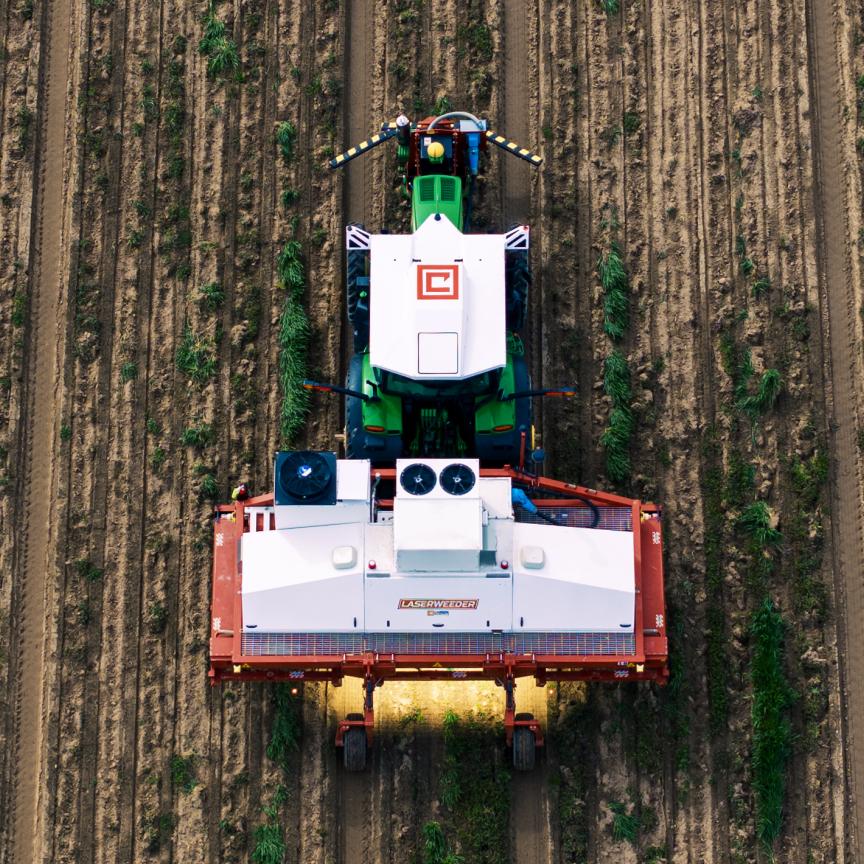French research institute Leti has announced a pilot programme to characterise and assess lidar sensors for autonomous vehicles.
The programme is being run in collaboration with Transdev, a provider of mobility services, and IRT Nanoelec, an R&D centre focused on information and communication technologies using micro- and nano-electronics.
In the pilot programme, Leti teams will focus on perception requirements and challenges from a lidar system perspective, and evaluate the sensors in real-world conditions.
Vehicles will be exposed to objects with varying reflectivity, such as tyres and street signs, as well as environmental conditions, such as weather, available light and fog. In addition to evaluating the sensors’ performance, the project will produce a list of criteria and objective parameters by which various commercial lidar systems could be evaluated.
Lidar is one of the main sensor types expected to be used onboard autonomous vehicles, with automotive OEMs agreeing deals with lidar system makers. BMW, for example, has selected a solid-state lidar solution from Israeli company Innoviz Technologies for series production of its autonomous vehicles, starting in 2021.
Transdev’s latest transportation technologies are used to operate fleets of autonomous vehicles for shared mobility. Evaluating sensor effectiveness and robustness is critical to develop Transdev’s autonomous transport system.
Leti CEO, Emmanuel Sabonnadière, commented: ‘This project will build on Leti's sensor-fusion knowhow and sensor development expertise to strengthen Transdev’s testing and evaluation of sensors for its vehicles.’
Related articles:
Real commitment for lidar from automotive OEMs – Lidar could become an important part of autonomous driving and potentially a huge market opportunity for laser and detector manufacturers, as Greg Blackman discovers at the Image Sensors conference in London
Enhanced time-of-flight: CMOS solution for automotive lidar – After speaking at AutoSens Detroit on 16 May, Nadav Haas, product manager at Israeli firm Newsight Imaging, gives his opinion on why the company’s CMOS solution is a good fit for lidar sensing in autonomous driving

